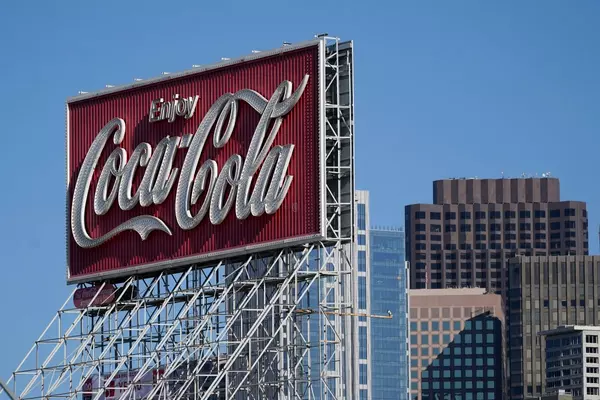
The Biden administration's plan to ban menthol cigarettes in the United States has been delayed, according to recent reports. The proposed ban, which aimed to prohibit the sale of menthol-flavored cigarettes, was initially set to take effect this year. However, the implementation of the ban has been postponed, causing uncertainty among public health advocates and anti-smoking groups.
Menthol cigarettes have long been a subject of controversy due to their popularity among certain demographic groups, including African Americans. Critics argue that the minty flavoring of menthol cigarettes makes them more appealing and easier to start smoking, particularly among young people. Proponents of the ban believe that eliminating menthol cigarettes from the market could help reduce smoking rates and improve public health outcomes.
The delay in the ban's enforcement has sparked mixed reactions from various stakeholders. While some view the postponement as a setback in the fight against tobacco use, others see it as an opportunity to further evaluate the potential impact of such a ban. The Biden administration has not provided a specific timeline for when the menthol cigarette ban will be implemented, leaving many to speculate on the future of this regulatory measure.
Health experts emphasize the harmful effects of smoking, highlighting the link between tobacco use and various health conditions, including lung cancer, heart disease, and respiratory illnesses. Menthol cigarettes, in particular, have been singled out for their role in attracting new smokers and perpetuating nicotine addiction.
As discussions surrounding the menthol cigarette ban continue, policymakers, public health officials, and advocacy groups are closely monitoring developments to gauge the administration's commitment to reducing tobacco consumption and promoting healthier lifestyles. The decision to delay the ban reflects the complex nature of tobacco regulation and the challenges associated with implementing sweeping changes in the tobacco industry.







